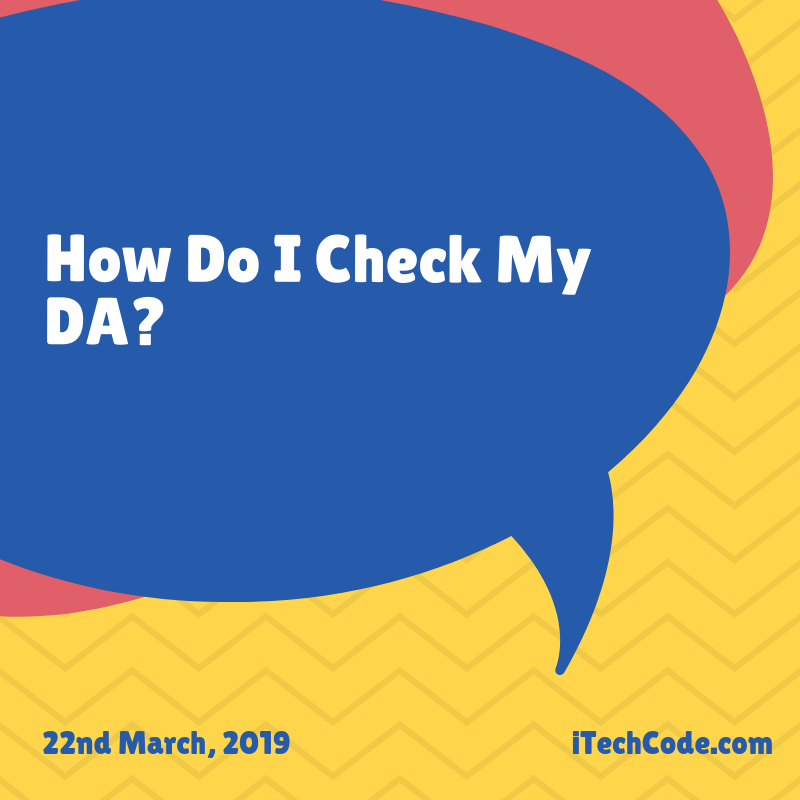If you work in the SEO industry in any capacity, chances are you’ve seen the term “Domain Authority” (DA) a few times. DA is becoming understood even by the wider population, from mommy bloggers hoping to keep track of their page views to big-time influencers with 100,000 Instagram followers and a sizable income.

For people with a more advanced understanding of SEO and its impact on everything from search engine rankings to the spread of fake news, DA is even more likely to come up in everyday conversation. It’s a commonly used metric in SEO to determine valuable insight on how authoritative SEO is, and how well a certain domain is working in light of its SEO.
What exactly is it?
While you might have an idea of how DA works, you may not be aware of the controversial PageRank algorithm (once used extensively by Google, and still occasionally implemented) that led to its conception and development. The PR algorithm, ironically, gave Google some bad PR itself back in the day, when it was revealed that Google was allowing link acquisition and other less-than-ethical methods to outsmart algorithms.
While Google seems to still use PageRank internally, they are not likely to admit to using it publicly. Ideally, the power of SEO would lie directly in the hands of the people. However, it is challenging to SEOs to try to beat the system.
While SEO is still a new and growing industry, those involved in the industry wish to remain on the cutting edge of new software. Domain authority is currently one of the best metrics that you, as a search engine optimizer, can use to receive accurate, effective ranking scores. DA essentially puts some of the power back into your hands.
How does it work?
“Authority” is a misleading term that can refer to a wide spectrum of assessment. What makes a domain authoritative? Is it the ranking? How is ranking even defined? Domain authority, simply put, refers to the calculated score of a page’s ranking. The score falls between 0 and 100, with a higher score corresponding to a much higher ability to rank and appear on prominent search engines. The score is calculated by evaluating links to root domains and numbers of total links, and presented in an easily understandable, easily applicable format.
Who benefits from domain authority?
You don’t need to be an SEO expert to benefit from this information. If your business has a website (and in this day and age, it absolutely should), it’s good to gain a bit of working knowledge about the industry themselves, so you can work with this information and apply it in a constructive way. For instance, if their score is low, you may wish to hire a content writer to integrate more keywords into their landing page. It’s advisable that everyone who uses social media and personal web pages knows at least a little about SEO nowadays.
If you currently manage a wide roster of websites, you might be concerned that DA is not equipped to handle all of them. You might be expecting that you’ll have to do a lot of manual work. On the contrary, it has never been simpler to become an instant expert in page rank of all your websites and even their competitors. The information can be found within seconds by using a bulk DA checker. Since knowledge is power, we can only imagine where you’ll be able to take your SEO with this information.
You can also stay updated by subscribing to iTechCode.